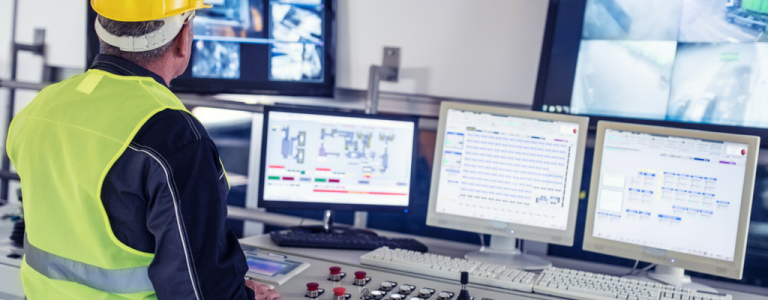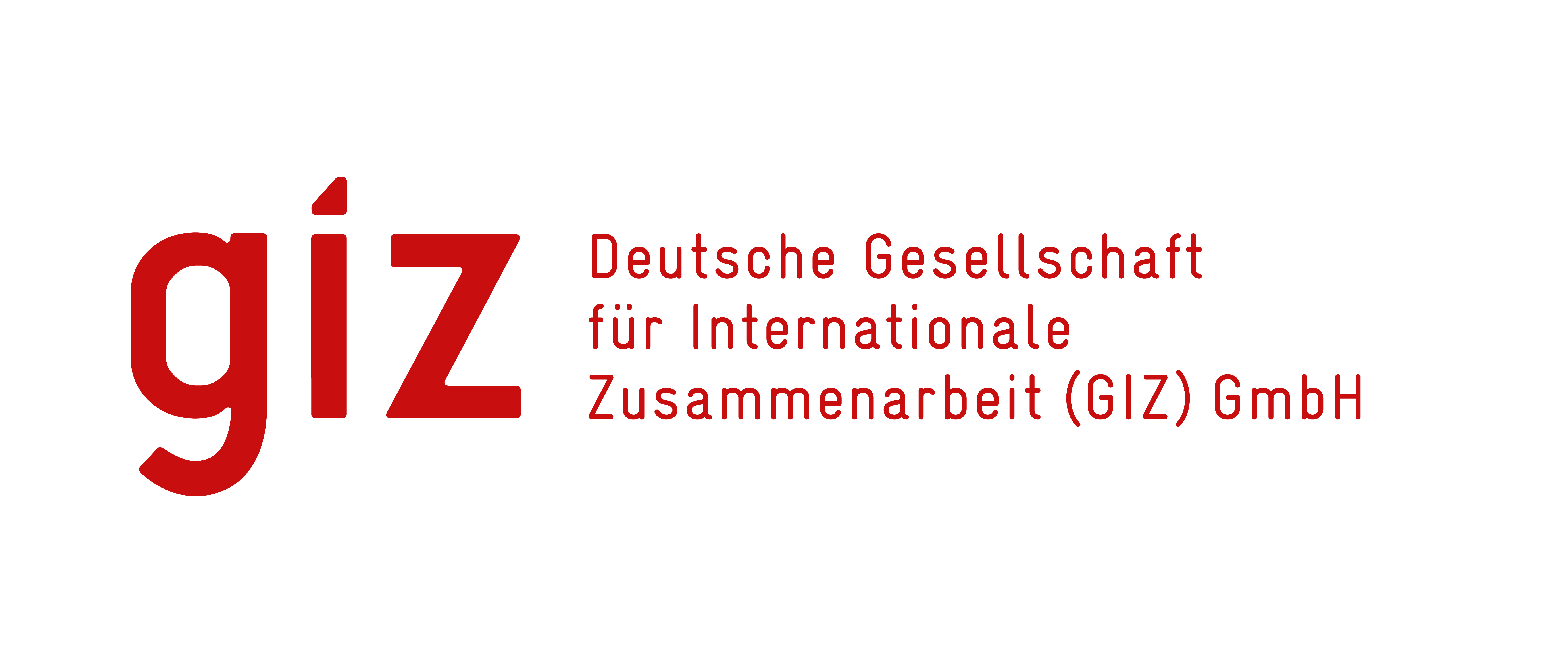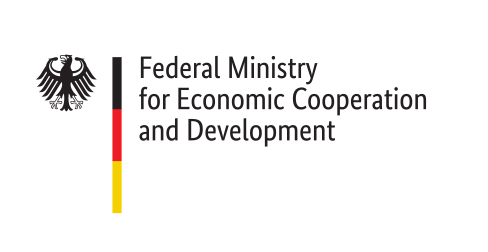New Tech, New Deal
Our New Tech, New Deal project looks at disruptions and technological innovations in mining.
Disruptions and technological innovation are fundamentally changing the face of the mining industry, reshaping competitive dynamics or completely altering business and operating models.
While technology in mining is nothing new, this coming wave is different in quality and speed than anything we have ever seen before.
Automation will impact low- and mid-level skilled jobs the most, with resource-rich countries experiencing a significant drop in employment. This decrease in employment will impact countries in a number of ways:
- Fewer jobs in the communities adjacent to mining activity
- Lower local spending on food and housing
- Lower government tax receipts from employees
- Potential for labour unrest and political instability
There are benefits to new tech in mining, though. Automation is arguably greener and safer. Mine sites will have lower greenhouse gas emissions and fewer workplace accidents, and they will be more efficient with cheaper running costs. That efficiency may save jobs in cases where mines were no longer viable using existing technologies.
If the “deal” between mining companies and host countries is thrown off balance by reductions in employment, local procurement and the associated gross domestic product contributions, how can this balance be restored?
Our New Tech, New Deal project is looking for answers to this crucial question. We are assessing how the mining sector can move forward to allow investments to serve as an engine for sustainable development for host countries and communities alike.
This project will consist of:
- Stakeholder meetings, such as our expert consultation in Paris held June 20–21, 2019
- Crowdsourcing ideas and information, including our five-week consultation on Goxi held May 13 to June 10, 2019
- In-country consultations
- Regional dialogues
- Engagement with our membership
A final report will launch in February 2021. This project is an extension of our 2017 Mining a Mirage study, which evaluated the speed and nature of coming changes, as well as economic, social and political impacts.
This project is a partnership between the IGF, the Columbia Center for Sustainable Investment (CCSI), and Mining Shared Value. It is supported by the Deutsche Gesellschaft für Internationale Zusammenarbeit (GIZ) GmbH, on behalf of the German Federal Ministry for Economic Cooperation and Development (BMZ).
You might also be interested in
The Intergovernmental Forum on Mining, Minerals, Metals and Sustainable Development (IGF)
IGF gives governments the opportunity to work collectively to achieve sustainable mining goals.
Tax Base Erosion and Profit Shifting (BEPS) in Mining
Equipping resource-rich developing country governments with the knowledge, skills, and tools to optimize the financial benefits from mining.
Trade Knowledge Sharing
The nexus between trade and sustainable development is complex and multi-faceted, and ensuring that the conversation around these issues is active, engaged, and informed is vital.
Toward More Equitable and Sustainable Trade in Food and Agriculture
IISD’s work on trade in food and farm goods seeks to improve the extent to which trade policy supports sustainable development outcomes and expand the space for informed discussion among a wider set of policy actors.




